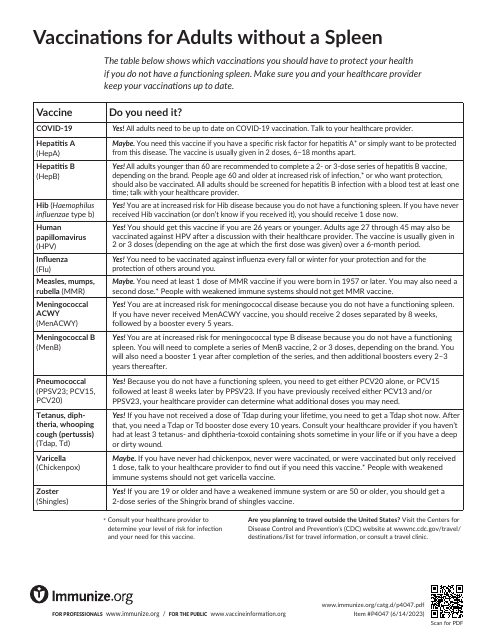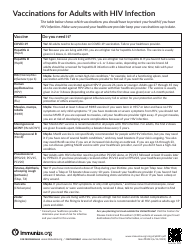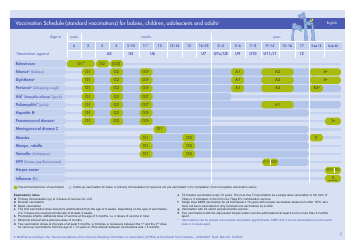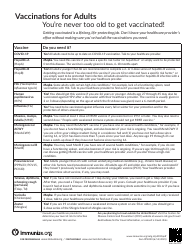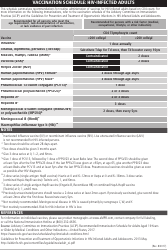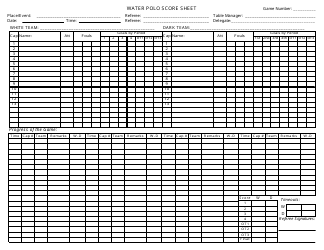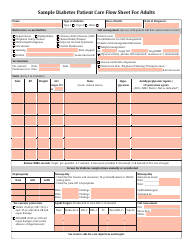Adults Without a Spleen Vaccination Guide Sheet
The Adults Without a Spleen Vaccination Guide Sheet provides information on the recommended vaccinations for individuals who do not have a spleen. It helps healthcare providers and patients understand the vaccines needed to protect against certain infections, as the absence of a spleen can increase the risk of certain illnesses. Vaccination can help prevent these infections and keep individuals without a spleen healthy.
The Adults Without a Spleen Vaccination Guide Sheet is typically filed by healthcare professionals or organizations providing vaccination services.
FAQ
Q: Why do adults without a spleen need vaccinations?
A: Adults without a spleen are at higher risk for infections, so vaccinations are important to protect them.
Q: Which vaccines are recommended for adults without a spleen?
A: The recommended vaccines include the pneumococcal vaccine, meningococcal vaccine, and Haemophilus influenzae type b (Hib) vaccine.
Q: How often should adults without a spleen get vaccinated?
A: Adults without a spleen should receive their initial vaccines and then follow-up booster shots as recommended by their healthcare provider.
Q: Are there any side effects of these vaccines?
A: Common side effects may include pain or redness at the injection site, fever, and muscle aches.
Q: Can adults without a spleen receive other routine vaccines?
A: Yes, adults without a spleen can receive other routine vaccines, such as the influenza vaccine and the Tdap vaccine.
Q: Are there any additional precautions adults without a spleen should take to prevent infections?
A: In addition to vaccines, adults without a spleen should also practice good hygiene, avoid close contact with sick individuals, and seek prompt medical attention for any signs of infection.
